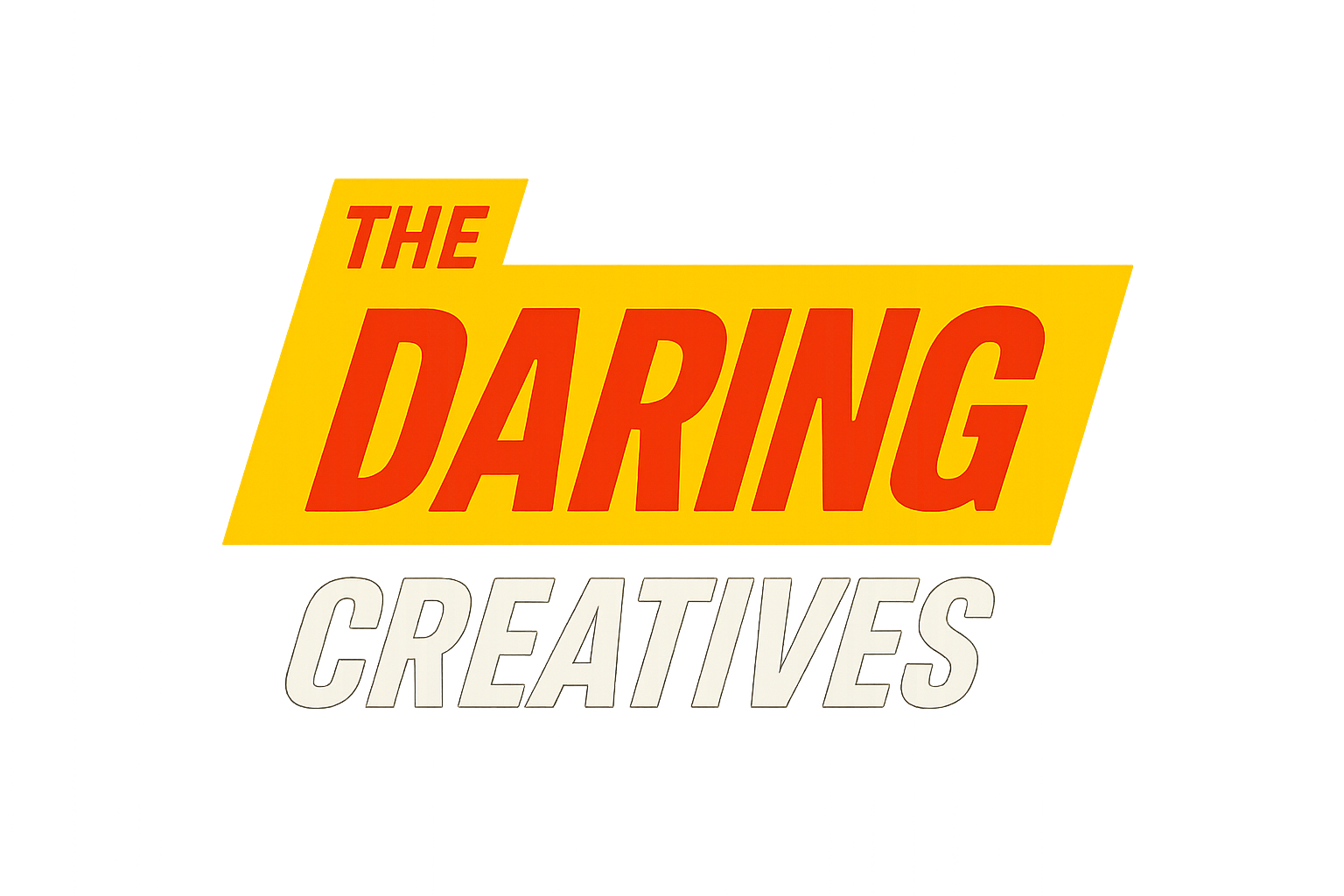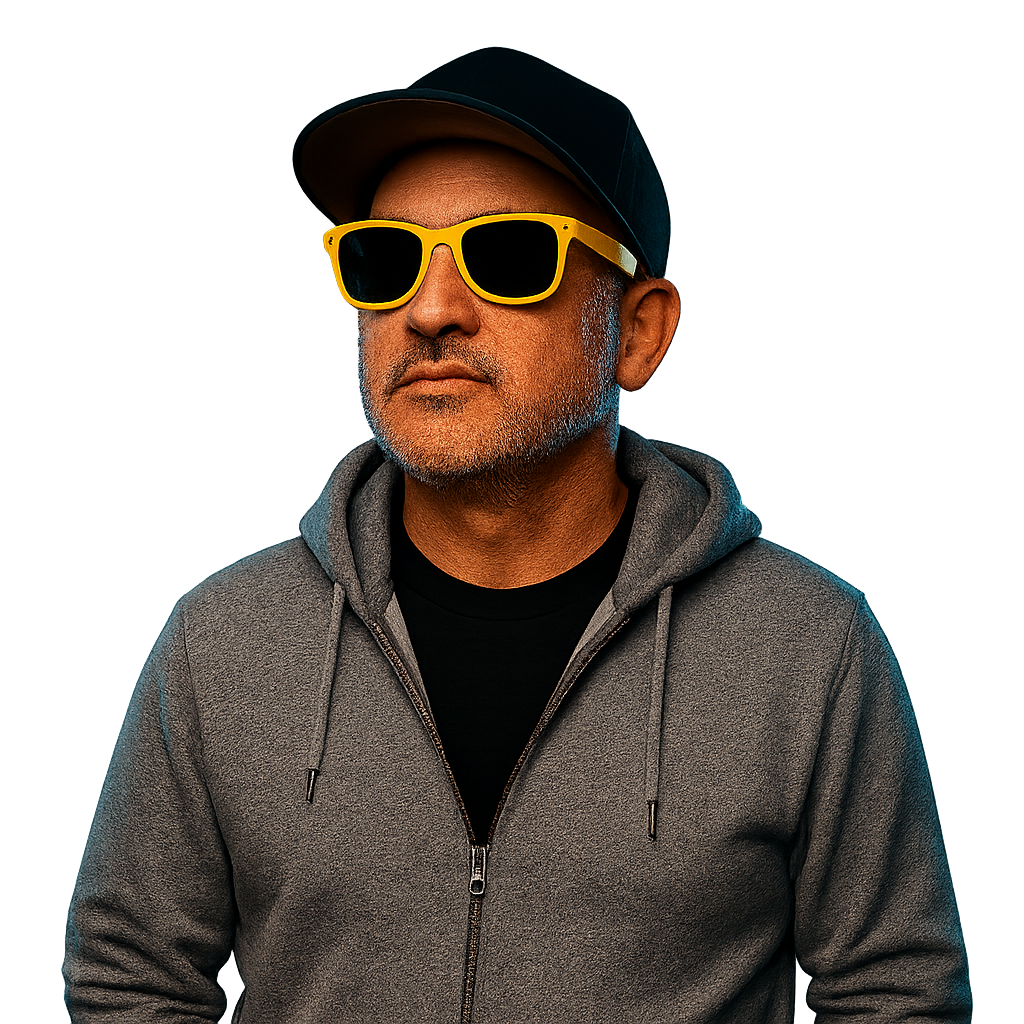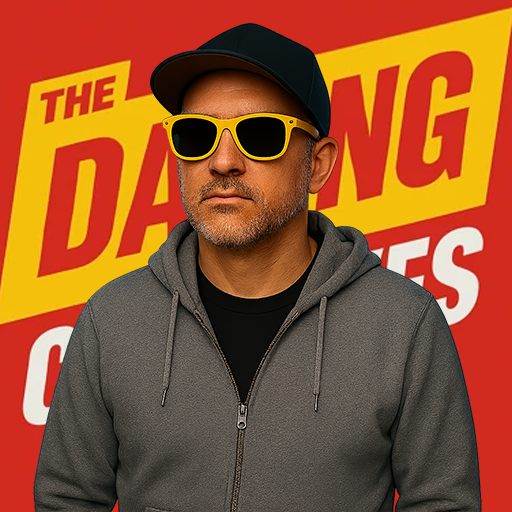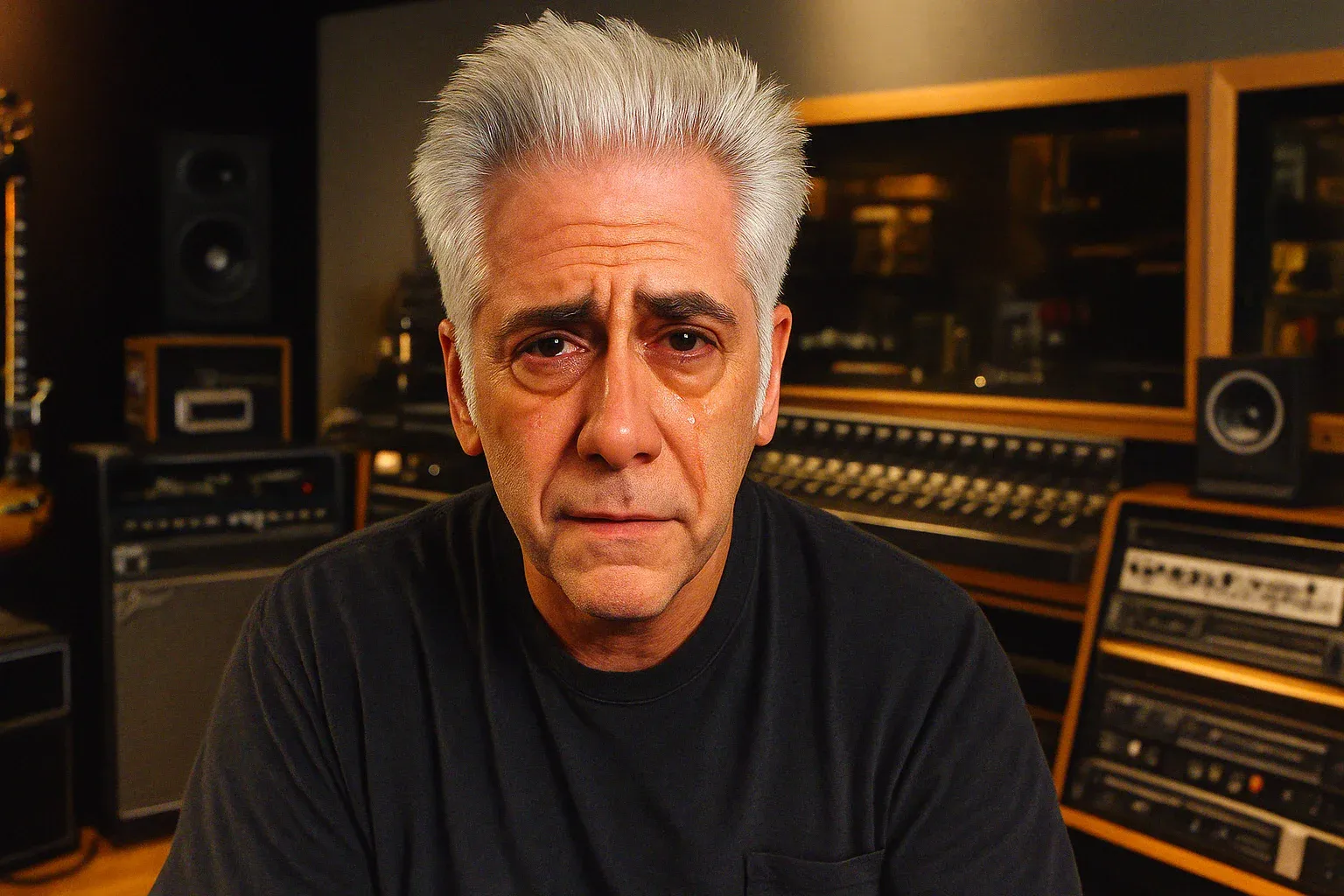Rick Beato seems to be a gifted teacher, or at least, his "follower" count would indicate such. His YouTube channel has helped millions of people understand chord progressions, harmony, and production. But in a recent video, he revealed something less flattering—not about AI, but about how humans use their authority when they feel it slipping.
The video starts with a simple setup: Beato tests AI on math, then moves into music. He asks how to EQ drum overheads, how to clean up bass frequencies, and gets back perfectly reasonable, textbook answers. Then he delivers his punchline question:
“What records have you worked on?”
"Gotcha!"
The AI responds that it doesn’t have personal experience—it’s more of a knowledge engine that’s learned from countless sources. Beato seizes on that, implying that without lived experience, the AI’s knowledge is invalid.
That’s not analysis. It’s stagecraft.
The False Idol of Experience
If Beato’s logic were applied consistently, nearly every expert would be disqualified.
A math professor who’s never built a bridge can’t teach calculus.
A film critic who’s never directed can’t analyze movies.
A musicologist can’t discuss Coltrane without having played sax in 1959.
Nonsense.
Knowledge isn’t limited to the people who’ve “done the thing.” It comes from studying, synthesizing, and connecting what others have done before. AI does that—at incomprehensible scale. It doesn’t “feel” the process; it understands it. That’s not a lack of authenticity—it’s a different form of intelligence.
Most working producers haven’t mixed anything you’ve heard of. That doesn’t make them unqualified. It just shows how thin the connection is between fame and skill. If experience alone were the measure, most of the creative world would fail its own credibility test.
I checked Rick Beato’s own production credits out of curiosity and here is what I learned.
I haven’t heard of a single artist he’s produced.
But one thing i did learn was that he has run afoul of numerous bands I have actually heard of but for a different reason - copyright violations. Ouch.
By his logic—what am I supposed to take from that about his qualifications? Should I measure them by follower count instead? Or by YouTube copyright strikes? Of course not. His value comes from how clearly he can explain his craft, not the size of his résumé.
So why the double standard when it comes to AI?
I think we know why..
The “Missing Data” Distraction
Beato argues that AI can’t really understand production because there’s not enough high-quality training material from top engineers like Max Martin or Serban Ghenea. He’s partly right—those people rarely explain their process publicly.
But that’s not a flaw in AI. It's the human character flaw of gatekeeping.
Most people who learn mixing or songwriting (or anything) also rely on secondhand material—tutorials, interviews, reverse-engineered tracks. No one gets the secret sauce from the source. We all learn from partial information.
AI just scales that process. It synthesizes thousands of perspectives, patterns, and examples into usable insights. It’s not pretending to have mixed a record; it’s showing you what decades of collective knowledge look like when compressed into one system.
The fact that its knowledge comes from “copies of copies” doesn’t make it fake—it makes it familiar. That’s how every creative tradition has worked since the first apprentice copied their master’s brushstroke.
The Calculator Fallacy
At one point, Beato notes that AI stumbled when calculating 52 factorial, calling it proof of incompetence. But that’s a category error. A calculator computes; an AI interprets. Confusing one for the other is like criticizing a camera for not writing poetry.
AI isn’t meant to be a replacement for a calculator. It’s meant to handle nuance, context, and synthesis—the things calculators don’t touch. By demanding mathematical precision from a linguistic model, Beato set up a test that proves nothing except that he doesn’t understand what he’s testing.
The Performance of Authority
And that’s where the real story lies. Beato’s audience isn’t tuning in for a balanced discussion about machine learning. They’re watching for reassurance that human creativity still matters. Just look at his comment section.
He delivers his message through confidence and familiarity—two traits that feel like truth even when they aren’t.
This is what social platforms do: they reward performance over precision. When someone with a million subscribers says, “AI doesn’t really understand music,” it sounds true by sheer force of presentation. But knowing how to mic a drum kit doesn’t automatically make you an expert on how machines process information.
The audience doesn’t notice the distinction, because authority has become a kind of theater. The louder the conviction, the more “truthful” it feels. Beato’s stance isn’t about epistemology—it’s about preserving identity. He’s defending a worldview in which expertise can’t exist without human struggle. It’s emotionally satisfying, but logically hollow.
What Counts as Experience Now
Beato describes how mixers make “thousands of decisions” based on years of experience. That’s true—and it’s also what AI does. It processes countless data points, recognizes relationships, and learns cause and effect. It doesn’t have intuition, but it does have correlation—a form of pattern memory that mirrors human instinct.
AI doesn’t replace the creative ear; it extends it. It can help you hear what experience alone can’t. It’s not claiming to be Andy Wallace—it’s learning from him, from everyone like him, and from every sonic fingerprint humans have ever left behind.
That doesn’t erase experience; it democratizes it.
What This Really Reveals
Beato’s video doesn’t reveal the limits of AI—it reveals our discomfort with what we don't understand. We like to believe that understanding must come from personal sacrifice, not pattern recognition. But that belief is sentimental, not scientific.
We’re moving into a world where expertise isn’t defined by having “been there,” but by how well you can connect what others have seen, done, and shared. That’s the kind of experience AI is already fluent in.
Closing Thoughts
Rick Beato has taught millions how to listen. That’s his genius. But in this case, he’s not listening—he’s defending. How come?
AI doesn’t diminish creativity. It changes how knowledge circulates. It reveals that expertise isn’t a sacred lineage guarded by those who’ve “done it,” but a shared pool of insight that anyone—or anything—can draw from.
The irony is, Beato’s argument defeats itself. By his own measure, most professionals wouldn’t qualify as credible. Ninety-nine percent of producers could list their discography and still name records you’ve never heard of. He’s no different.
Experience matters. But understanding matters more. And if AI can deliver that—without the ego trip—it might just be the better teacher.
Here's a fun prompt to try:
Instead of asking whether AI has “lived” something, ask whether it helps you see something new.
That’s what real experience does anyway.




